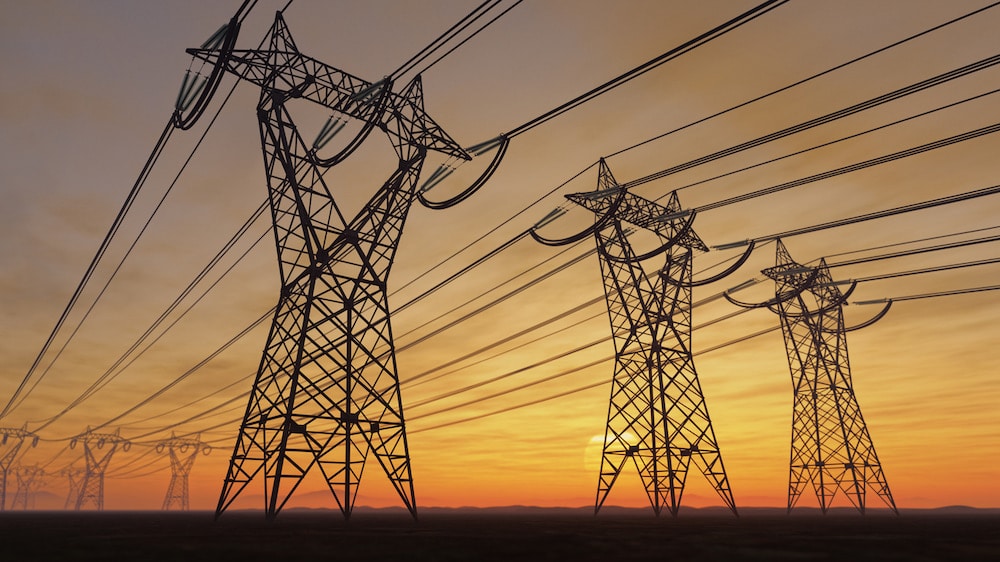The ACT Government has released the Integrated Energy Plan (IEP) 2024–30, setting the long-term pathway for the transformation of the ACT’s energy system to achieve net zero emissions by 2045. But the Canberra Liberals argue the policy is simply another financial burden on poor Canberrans during the cost-of-living crisis.
“The ACT already meets its current electricity needs with 100 per cent renewable electricity, the plan states. “By 2045 the ACT’s energy supply will be 100 per cent renewable, with renewable electricity making up the bulk of energy use for households and businesses. Renewable gas will be used for niche applications. Fossil fuels, such as fossil fuel gas, petrol and diesel will be phased out.
“The transition requires a coordinated and planned approach over the next 21 years. This will allow us to maintain a secure, affordable and reliable energy supply across the ACT.”
The plan follows the ACT’s achievement of 100 per cent renewable electricity in 2020, and emphasises a “just transition” ensuring all Canberrans benefit from the transition to a low emissions future, a government spokesperson said.
The plan highlights electrification as the cheapest and most effective pathway to net zero emissions for the ACT, saving households $735 per year – or even more with the addition of solar.
“The Integrated Energy Plan and the ACT Infrastructure Plan set out a long-term vision to build Canberra’s future,” Chief Minister Andrew Barr said.
“As Canberra grows towards a city of 500,000 people by 2027, we have a plan to invest in infrastructure that supports our city’s future through affordable, clean energy.
“Swapping from gas to electric appliances and investing in energy efficiency will deliver significant bill savings to Canberrans. For the 18,700 households that have already taken up loans under the SHS, to date they have already saved an estimated $43 million on their energy bills.
“The ACT Government is committed to ensuring all Canberrans benefit from the transition to a low emissions future, not just those that can afford it.”
The Sustainable Household Scheme has already loaned almost 20,000 households (10 per cent of Canberra’s households) more than $200 million to electrify their homes and transport.
The ACT Government aims to electrify all feasible community and public housing properties by the end of 2030.
“We’ve been working hard to deliver electrification upgrades to our public and community houses, and we’ve seen that Canberrans are eager to take this electrification journey with us,” Yvette Berry, ACT Minister for Housing, said.
“Approximately 880 public and 132 community housing properties have already received upgrades such as ceiling insulation and gas to electric appliance upgrades. We remain committed to transition every public and community housing property by 2030.”
A new Community Partnership Electrification Program, delivered over two years, will help 350 low-income households to cover the up-front costs of energy efficiency upgrades and electrification.
To help apartment residents, who may face challenges to electrification, a Retrofit Readiness program will offer free advice and electrification planning for multi-unit buildings. The IEP will also reform regulation to reduce barriers to electrification upgrades in multiunit buildings.
The IEP will introduce target training subsidies for trades that support the energy transition, and set up Australia’s first TAFE Centre of Excellence for electric vehicles at the Canberra Institute of Technology.
The government will update the ACT Infrastructure Plan to guide investments in energy infrastructure to support greater electricity usage, the electrification of Government assets, and protecting water and the natural environment.
“The commitments made today are crucial for reducing emissions and building resilience to the unavoidable impacts of climate change for decades to come,” Shane Rattenbury, ACT Minister for Water, Energy and Emissions Reduction, said.
“Electrification is the cheapest pathway to net zero emissions, and delivers the greatest benefits to our community.
“The Integrated Energy Plan sets a clear pathway for our work to phase out fossil gas, electrify our city, and ensure a ‘just transition’. It prioritises support for the lowest income Canberrans who most need assistance, and it provides targeted support for apartment residents to make the electrification process smoother.
“Successfully transitioning our city off fossil gas will rely on the combined efforts of the entire ACT community over the coming decades. I am extremely proud of the ACT for its strong community support for climate action, and for our nation-leading commitments and achievements on climate change so far. I look forward to further successes to 2030 and beyond through the implementation of this plan.”
Opposition leader Elizabeth Lee, however, said: “During a cost-of-living crisis, Andrew Barr and Shane Rattenbury will be putting further financial pressure on Canberrans to switch from gas appliances to electrical. These appliances cost up to tens of thousands of dollars, and will hit some of our most vulnerable Canberrans the hardest.
“In the lead-up to the 2020 election, Andrew Barr labelled the Greens policy to fast-track the phasing out of natural gas as ‘crazy’ and that he would not ‘shame’ people for not switching to electric. With four months to go until the election, it appears this is just another thing the Chief Minister has backflipped on to appease the Greens.”
The ACT Council of Social Service (ACTCOSS) said it welcomed the Integrated Energy Plan’s recognition of the importance of prioritising support for those most in need.
“People experiencing poverty and other forms of exclusion will feel the impacts of climate change the most,” ACTCOSS CEO Dr Devin Bowles said. “They are also the most likely to be disadvantaged without adequate and targeted support during this transitional phase due to the heavy reliance on the adoption of new technology and its associated costs.
“Making the transition fair, fast, and inclusive will ensure long-term sustainability. We look forward to working with government to strengthen its commitments to renters, low-income earners, and other vulnerable groups.
“We would also like to congratulate the ACT Government on its sustained efforts to achieve the most ambitious decarbonisation plan in Australia.”



